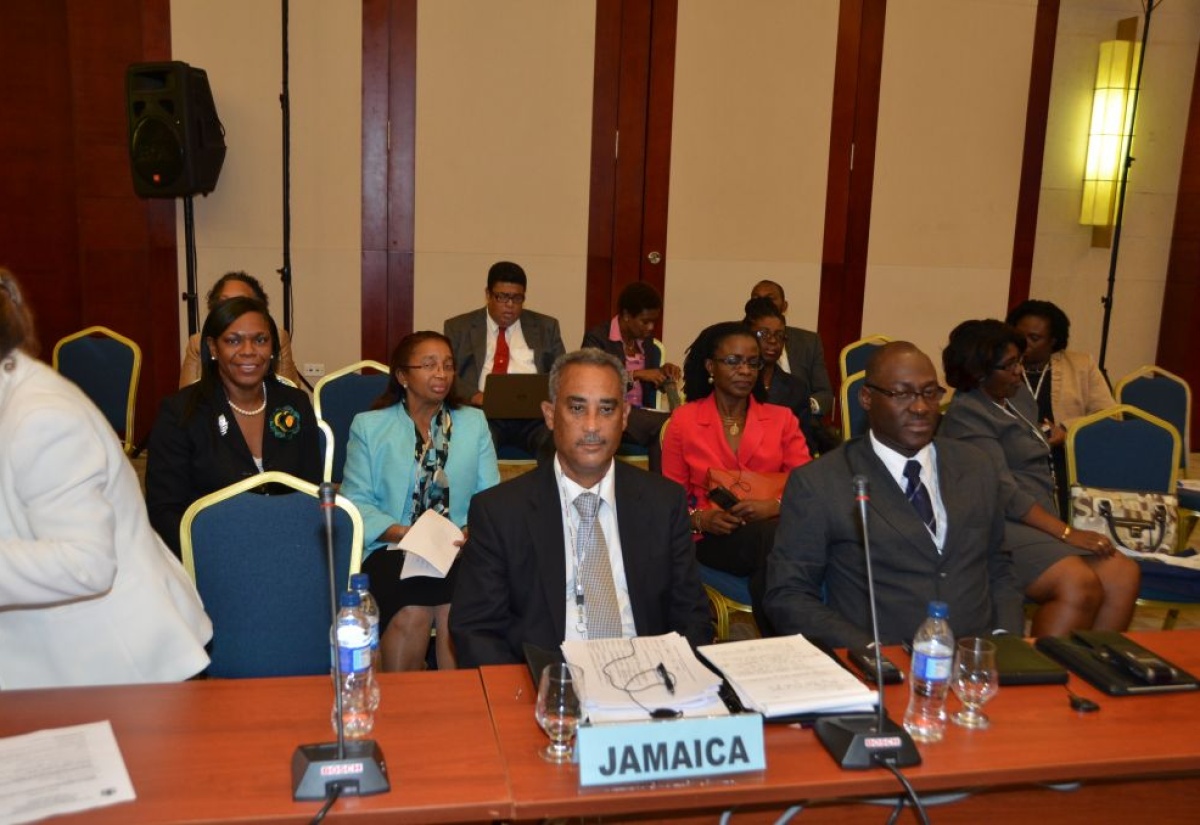Latin American and Caribbean Face High Energy Costs Despite Large Reserves
By: , October 18, 2013The Key Point:
The Facts
- “We have seen households in many cases ravaged because of the high cost of energy.”
- “The challenge is that the distribution of it is not according to where the demand is,”
The Full Story
Principal Director in the Ministry of Science, Technology, Energy and Mining, Fitzroy Vidal, says that the Latin American and Caribbean region continues to grapple with soaring energy costs, despite together, having the third largest resource of energy in the world.
“The challenge is that the distribution of it is not according to where the demand is,” he said.
He noted that countries have been struggling with economic growth over the last decade and “we have seen households in many cases ravaged because of the high cost of energy.”
Mr. Vidal was addressing a Jamaica Information Service (JIS) Think Tank on Wednesday, October 16, to provide details about the Second Meeting of the Ministers of Energy of the Community of Latin American and Caribbean States (CELAC) to be held from October 24 to 25 at the Montego Bay Convention Centre, St. James.
He noted that the CELAC meeting, which is being organised by the Ministry of Science, Technology, Energy and Mining, in collaboration with the Ministry of Foreign Affairs and Foreign Trade, will create an opportunity for all 33 countries in Latin American and Caribbean “to come together to share ideas and experiences for the development of energy resources in our country.”
The Montego Bay meeting, he said, will focus on regional energy security, with special emphasis on renewable energy, the use of biofuels, and the feasibility of interconnections and supply chains in the region.
The Presidency of CELAC is held by Cuba, and the country’s Ambassador to Jamaica, His Excellency Bernardo Guanche Hernandez, who also addressed the Think Tank, stated that affordable energy is key to the sustainable development of the region.
He said the fact that Jamaica will be hosting the meeting demonstrates the Caribbean’s commitment to strengthening the organisation.
“In Montego Bay, we can create a plan that contributes to stability, even with the different views that we may have on energy,” he stated.
He informed that several sectoral meetings focused on education, culture and social development, have been held by CELAC this year and there are plans to organise sessions on financial employment, family agriculture and disaster risk reduction in the region.
CELAC is the outcome of the February 2010 Unity Summit of Latin American and the Caribbean, which was held in Mexico, following the decision taken to launch a new institutional framework for the region.
It is expected that CELAC will continue to provide a platform for the political consultation and integration between Latin American and the Caribbean with the consolidation of ideas and resources.


